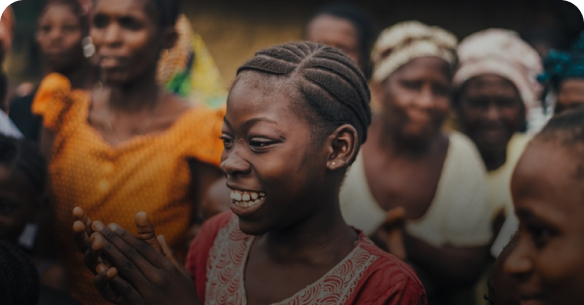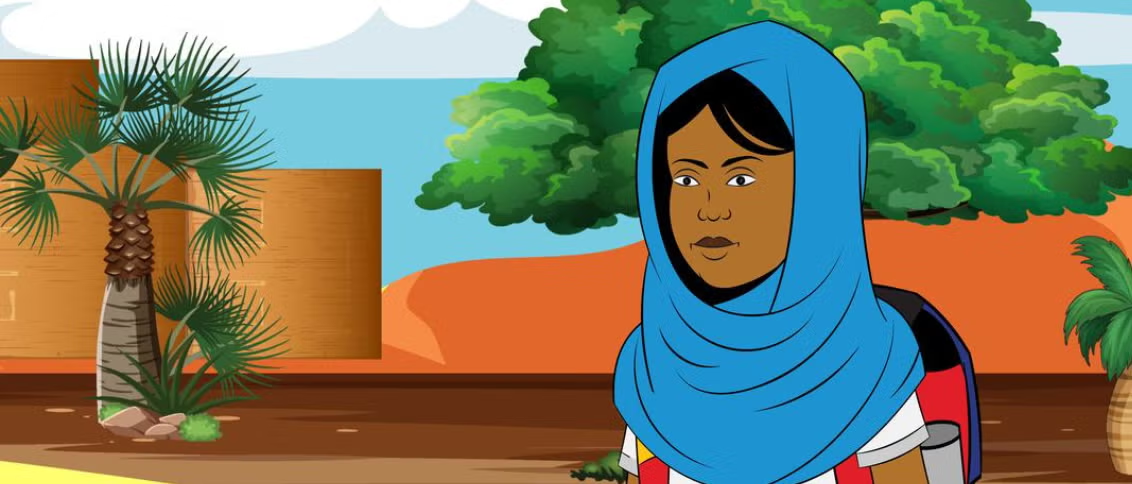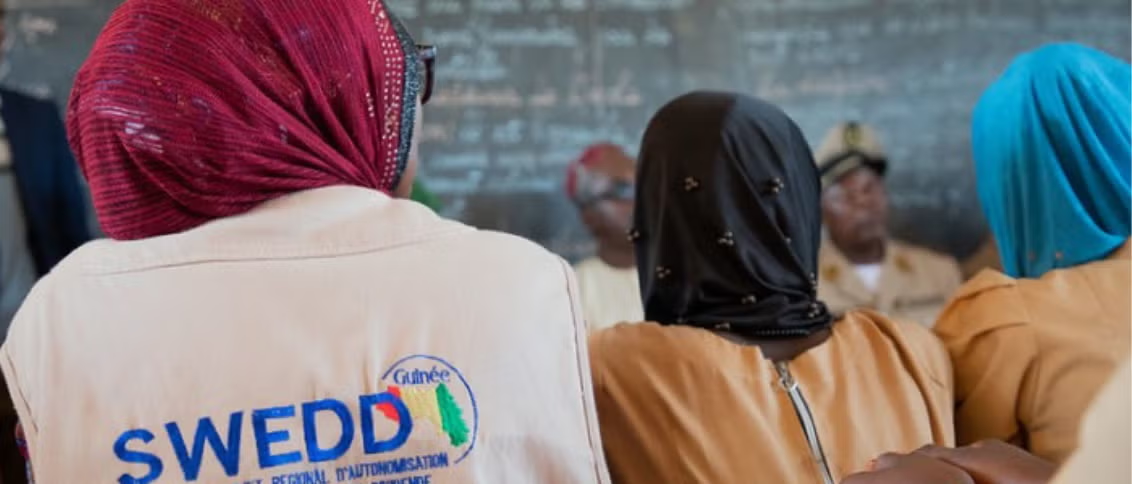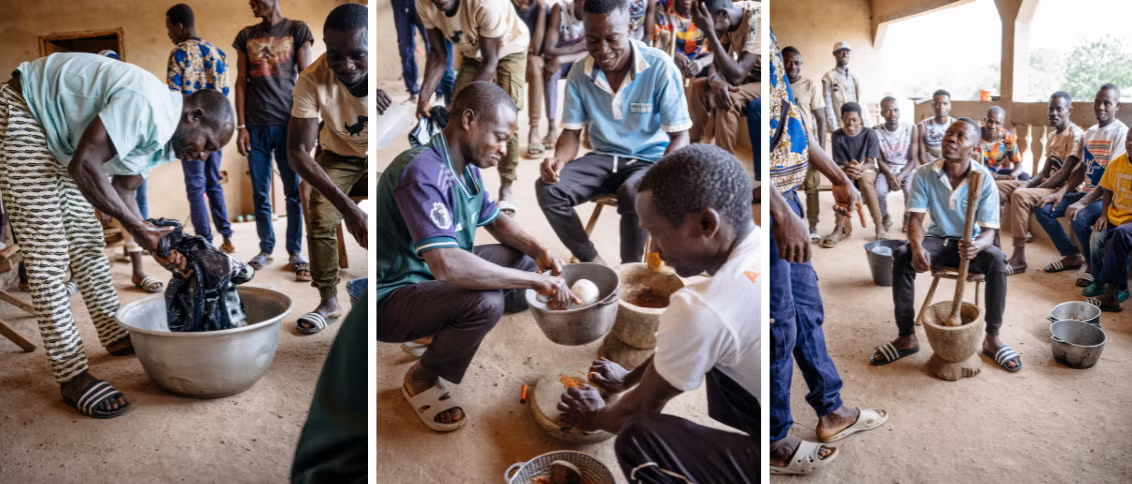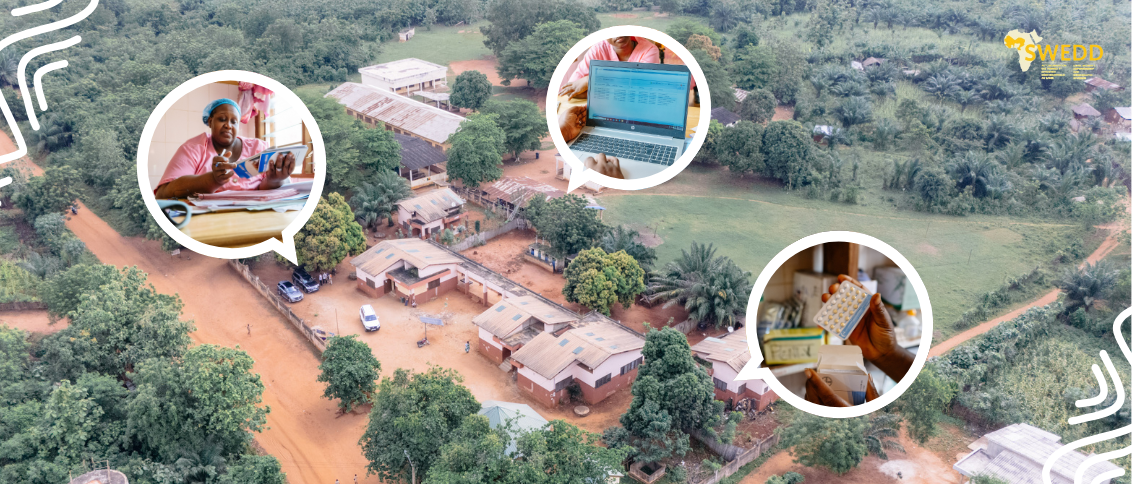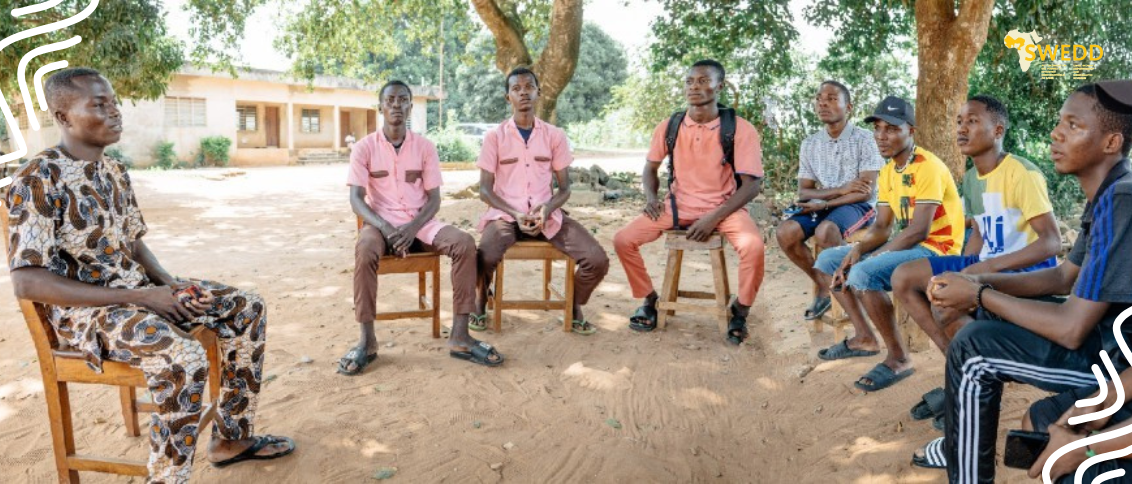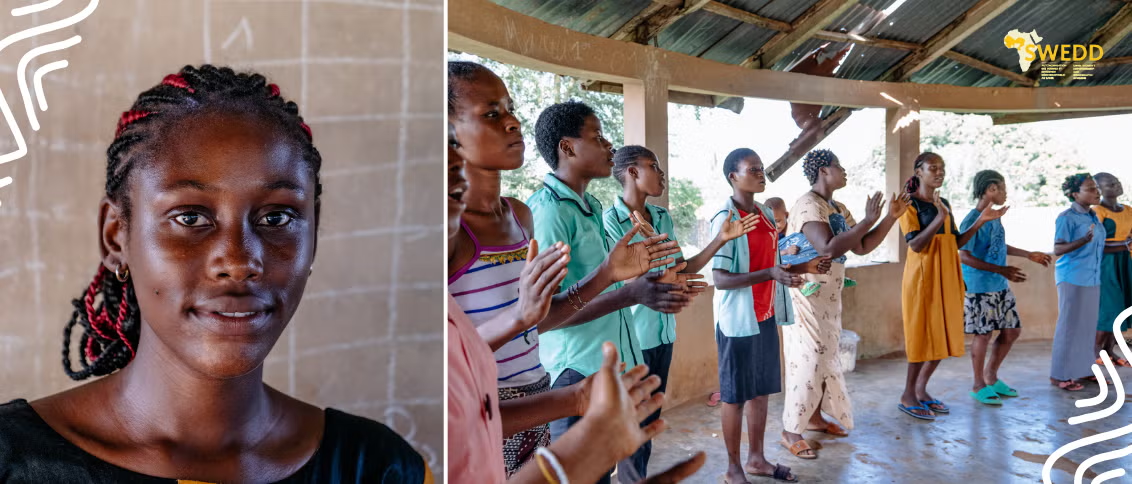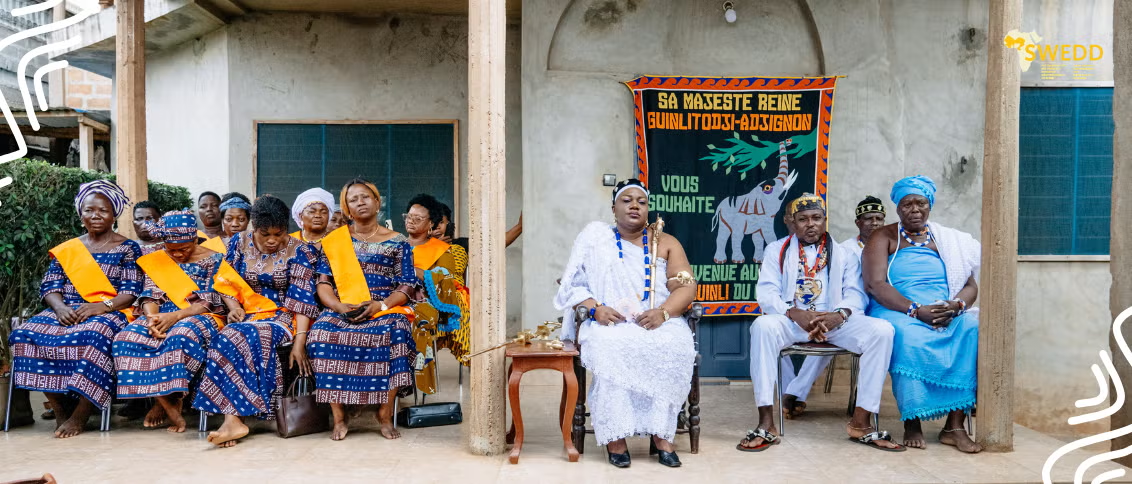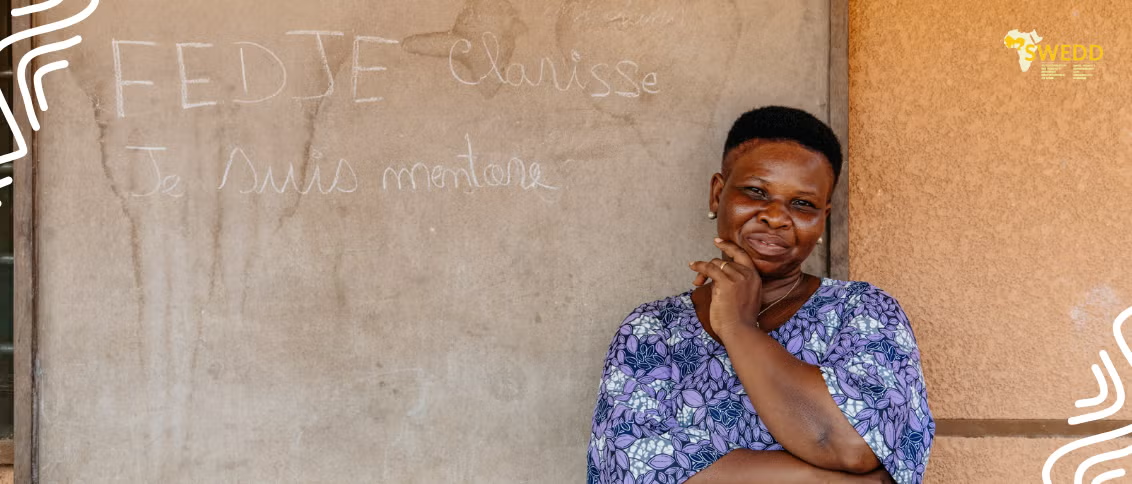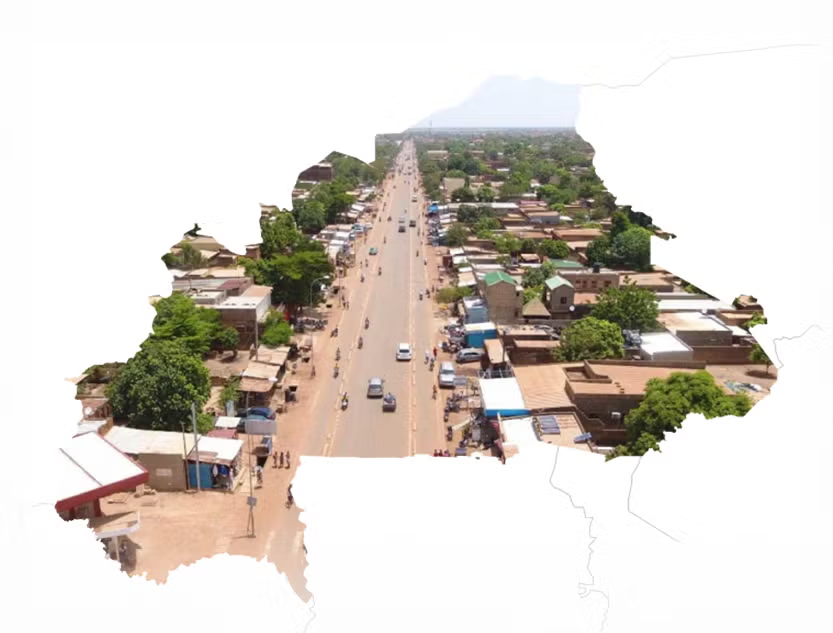
Burkina Faso
"Improving conditions for albino girls and women" - Maimouna Déné is President of the Association of Albino Women of Burkina Faso and an Ambassador for the SWEDD project find out more
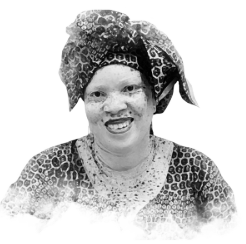
Overview
Overview
*Activate automatic English translation in the video settings
Over the past five years, Burkina Faso has suffered severe energy, food and financial crises. The country remains vulnerable to climatic shocks. Burkina Faso's population is predominantly female. However, women's health situation remains marked by high maternal morbidity and mortality. The country ranks 183rd out of 188 countries in terms of human development and 133rd in terms of gender inequality.
Many factors explain the poor health of women and girls, such as harmful socio-cultural practices, female genital mutilation, early marriage, forced marriages and clandestine abortions.
Policies aimed at improving access to reproductive health services and products and the level of education (the secondary school enrolment rate is 16%, the literacy rate for young girls is 33%, and education expenditure represents 3.4% of the budget) will lead to greater empowerment of women and young girls, and will have a positive impact on their health and on the current demographic situation.
Facts & Figures
Projects
Promoting a change in attitudes, making reproductive health products and services more accessible, and raising awareness of demographic dividend issues among political decision-makers
Many factors affect the health of women and girls, such as harmful socio-cultural practices, female genital mutilation, early marriage, levirate and clandestine abortions.

